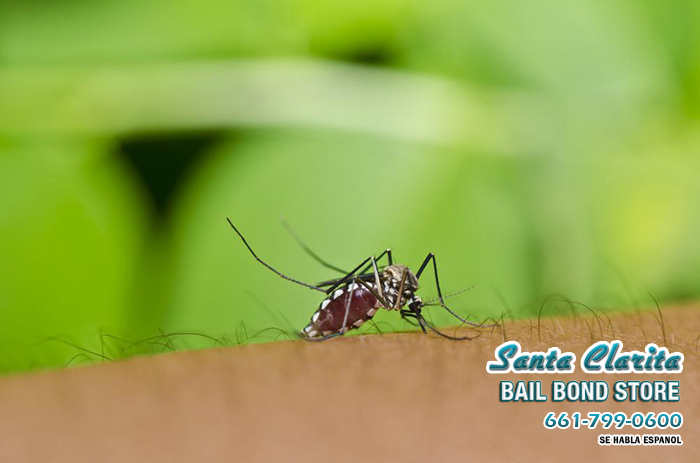
13 Aug How to Prevent Mosquitos
It’s happened. On Friday, June 15, The L.A. County Department of Public Health announced the first case of the West Nile Virus infection in L.A. county for 2018. According to ABC7, A San Gabriel Valley resident was admitted to the hospital in May 2018 and later diagnosed with the disease.
West Nile virus is spread through mosquito bites and impacts the nervous system, resulting in meningitis, encephalitis, paralysis, and sometimes death. Don’t be alarmed – only about 1 in 5 people infected with the West Nile virus will develop symptoms. Furthermore, only 1 in 150 people will develop a serious illness due to the virus. Individuals over 50 years old and people with chronic medical conditions are at a higher risk of being severely infected.
The CDC reports that the West Nile virus season begins during the summer and continues through the fall. However, last year’s season extended through December.
The best way to protect yourself from being bitten and infected by the West Nile virus is to wear insect repellent every time you go outside and to wear long-sleeve shirts and pants when going outside or near bodies of water. Any insect repellent that is EPA-registered is safe and effective, even for women who are pregnant or breastfeeding.
If you are bitten by a mosquito, chances are you will not experience any symptoms. However, 1 in 5 people who are infected develops minor symptoms including a fever, headache, body aches, joint pains, vomiting, and diarrhea. In comparison, 1 in 150 people infected will develop more serious illnesses impacting the nervous system. These symptoms include high fever, headache, neck stiffness, stupor, disorientation, coma, tremors, convulsions, muscle weakness, vision loss, numbness, and paralysis.
It is important that you contact your healthcare provider if you are bitten by a mosquito and develop the symptoms outlined above. There is no vaccine or specific treatment, however, you can take over-the-counter medicine to relieve the symptoms.
